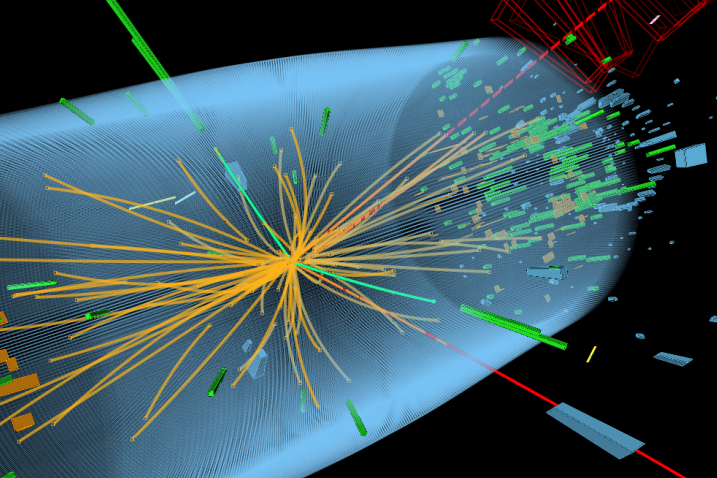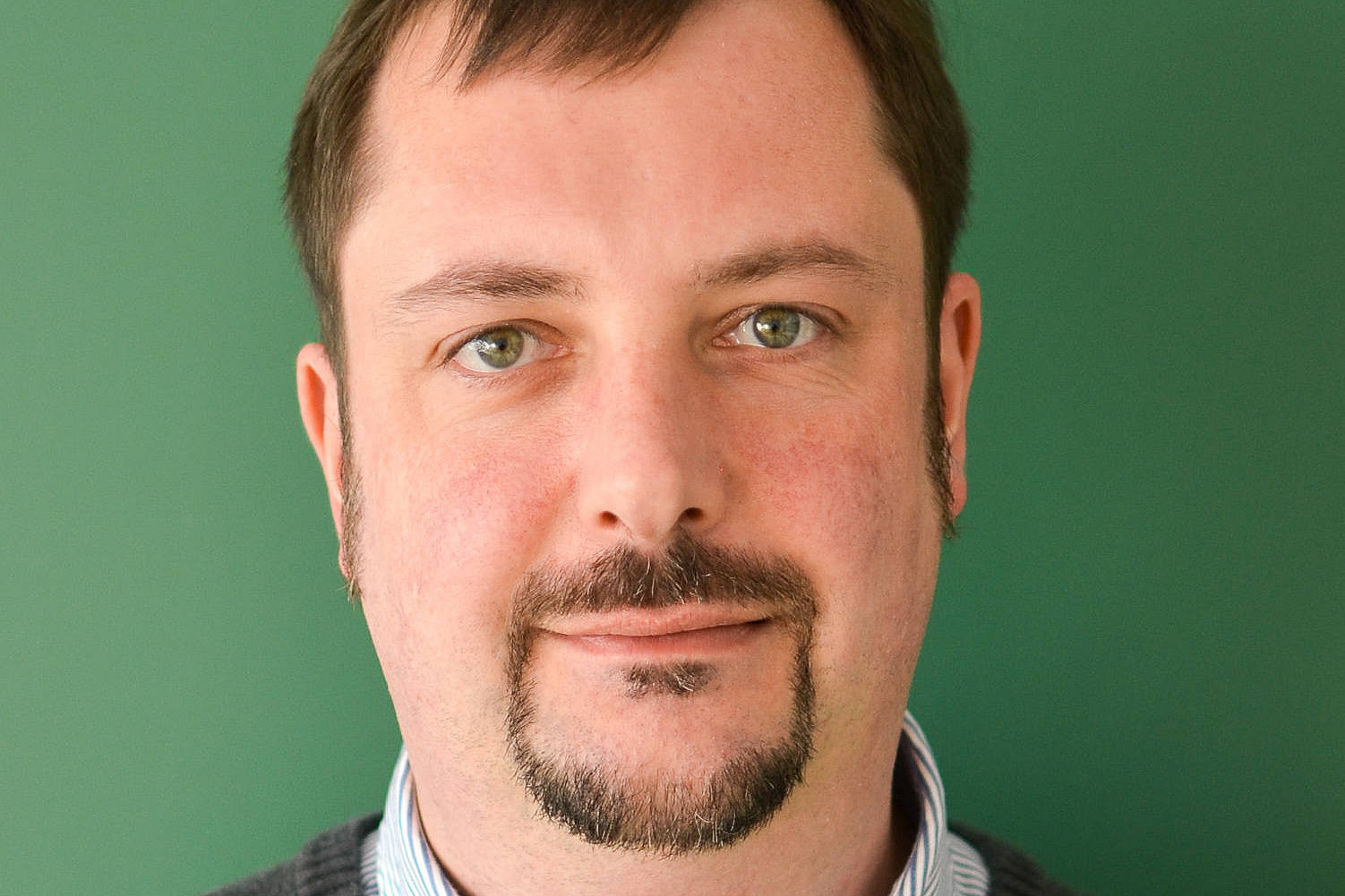The CERN research center is the European hub for research in particle physics and a central contact point for all institutions working to understand the smallest constituents of matter and their interactions. Every five to seven years, CERN renews its strategy, which is of course closely coordinated and embedded with the activities and strategic planning of the research communities in the individual European countries. In most cases, this strategy process, the so-called “European Strategy for Particle Physics Update (EPPSU)”, also offers a unique opportunity to take stock of research in particle physics in the broadest sense and closely related disciplines in the individual countries, and to coordinate activities and opportunities for cooperation .
For the 2025/2026 strategy process, Simon Plätzer from the University of Graz, supported by researchers from the Institute for High Energy Physics (HEPHY), in Austria is leading the exciting task of connecting the diverse activities in theoretical and experimental particle physics, working out new synergies, and working towards drafting a “Final Declaration”, which will be incorporated into the European strategy process.
A comprehensive picture is necessary, especially in connection with far-reaching decisions about new large-scale experiments, with the simultaneous and significant commitment of Austrian researchers to a wide variety of experiments and theoretical initiatives. Phenomenology, which brings theory and experiment into contact and for which researchers at the University of Graz have been cooperating intensively with CERN for a long time, plays an important role in assessing the development, opportunities and risks of a new circular collider (FCC) at CERN. The particle physics group has supported a feasibility study on the FCC for some time. Young and experienced researchers from Graz are also representatives in the European Committee for Future Accelerators ECFA and can make optimal use of their international network here. A first draft of the strategy process will be discussed across Austria at a conference in Vienna in June. A final document will then be available in March 2025 and CERN will make groundbreaking decisions in the first half of 2026.
Monday, 13 May 2024

